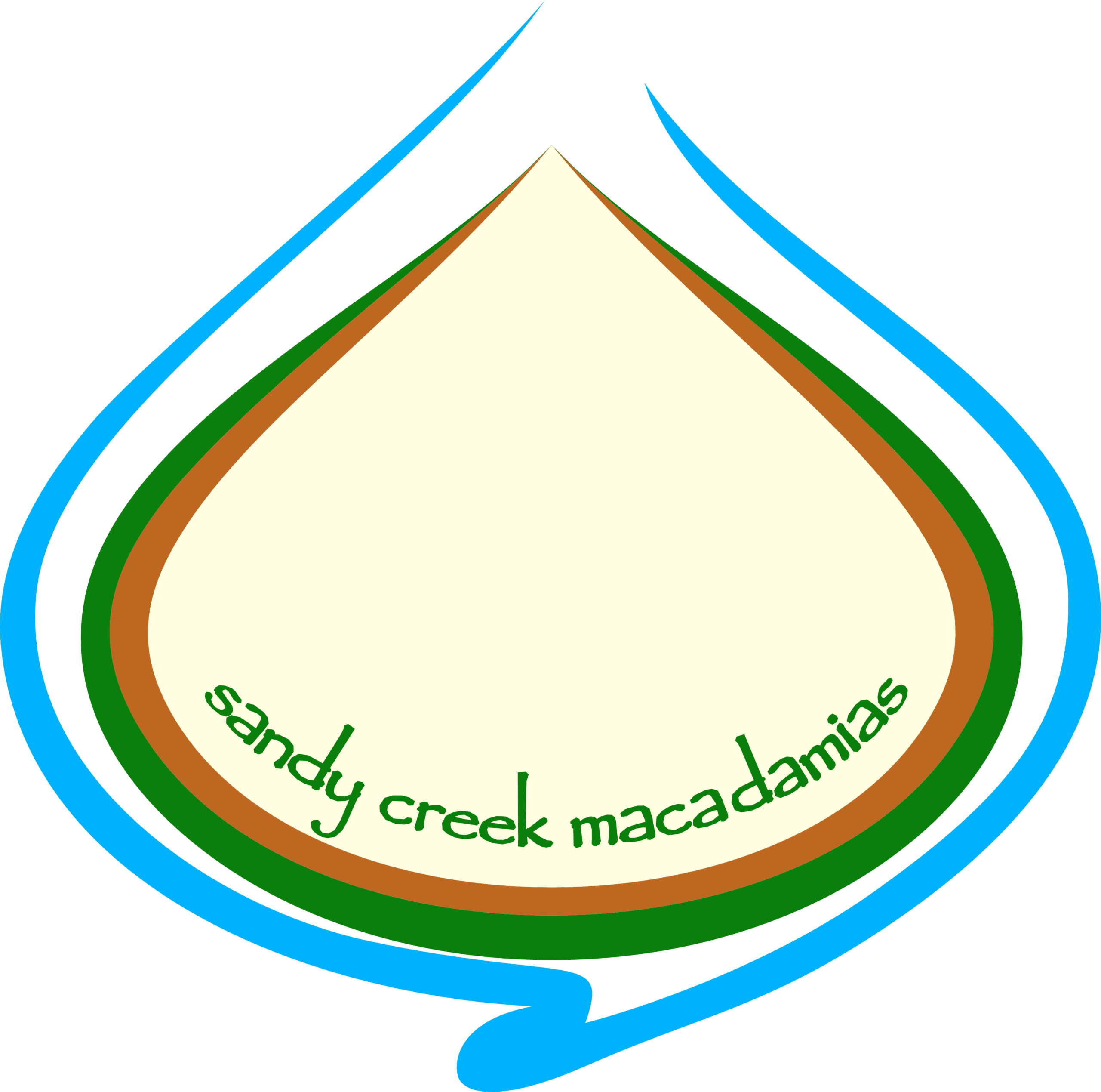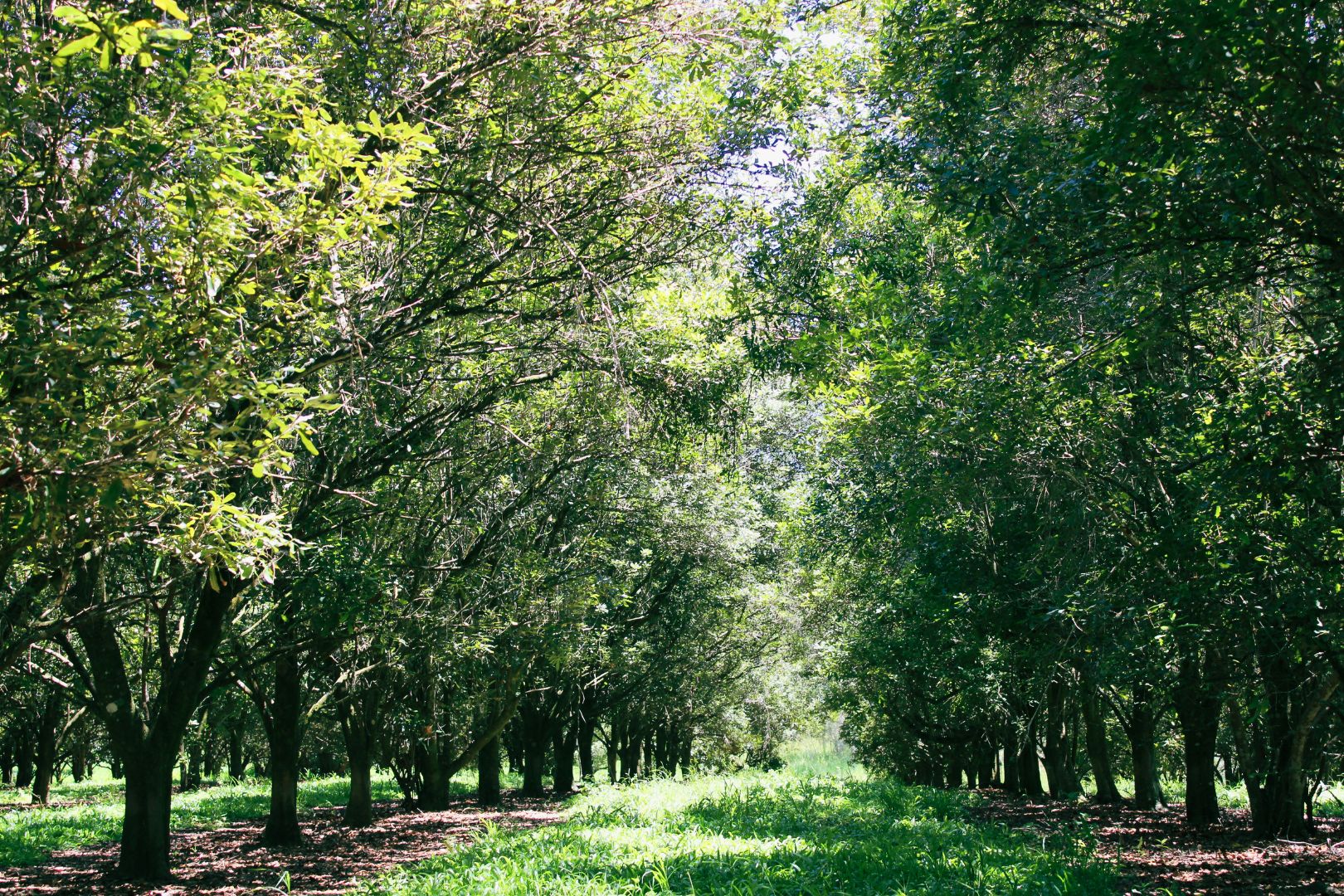
Our Story.
Based on the Sunshine Coast, we’re husband and wife team Scott & Maureen MacNicol.
On our farm on the picturesque Sunshine Coast, we grow spray free Macadamias and raise pasture free range hens for the best eggs you’ve ever tasted.
We’re proudly local and believe in producing the best products for our customers.
Welcome to our farm!
We are Scott & Maureen MacNicol, the owners and farmers of Sandy Creek Macadamias. On our farm we have Macadamia trees and a flock of pasture free range hens.
Scott grew up on a cattle station in Blackall, Central Queensland so he was a farmboy from the very beginning and purchasing the property Sandy Creek Macadamias in 2003 was a way to reconnect with the land and try his hand at a new type of farming.
After a whirlwind meeting in Colorado, America, Maureen joined Scott in 2007, giving up her corporate job and city job in Wellington, New Zealand. A big tree change, Maureen had to adapt to a rural lifestyle (and all the frogs in the shower) but quickly brought her business knowledge and no nonsense attitude to whipping the farm into shape.
Since then, along with our three guardian dogs, and our farm hand Josh, we have farmed with purpose.
Farm in a way that is good for us, good for the land, and good for our customers.
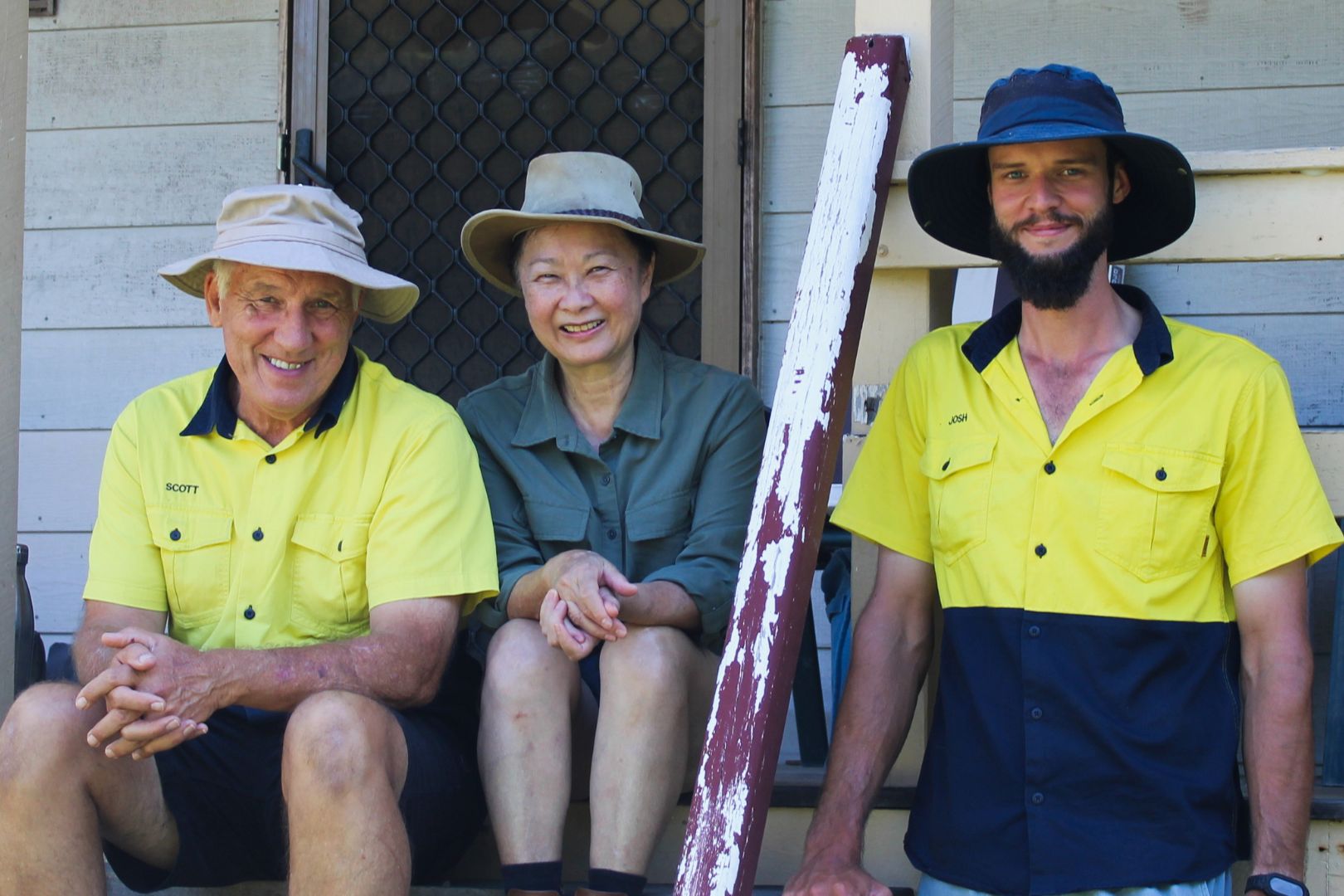
We believe in caring for the land we live and work on. After all, this land is our livelihood and grows food for our community. On our farm, we do our best to practice sustainable and regenerative farming practices that don’t negatively impact the delicate water and soil ecosystems, protect our wildlife, and promote animal welfare.
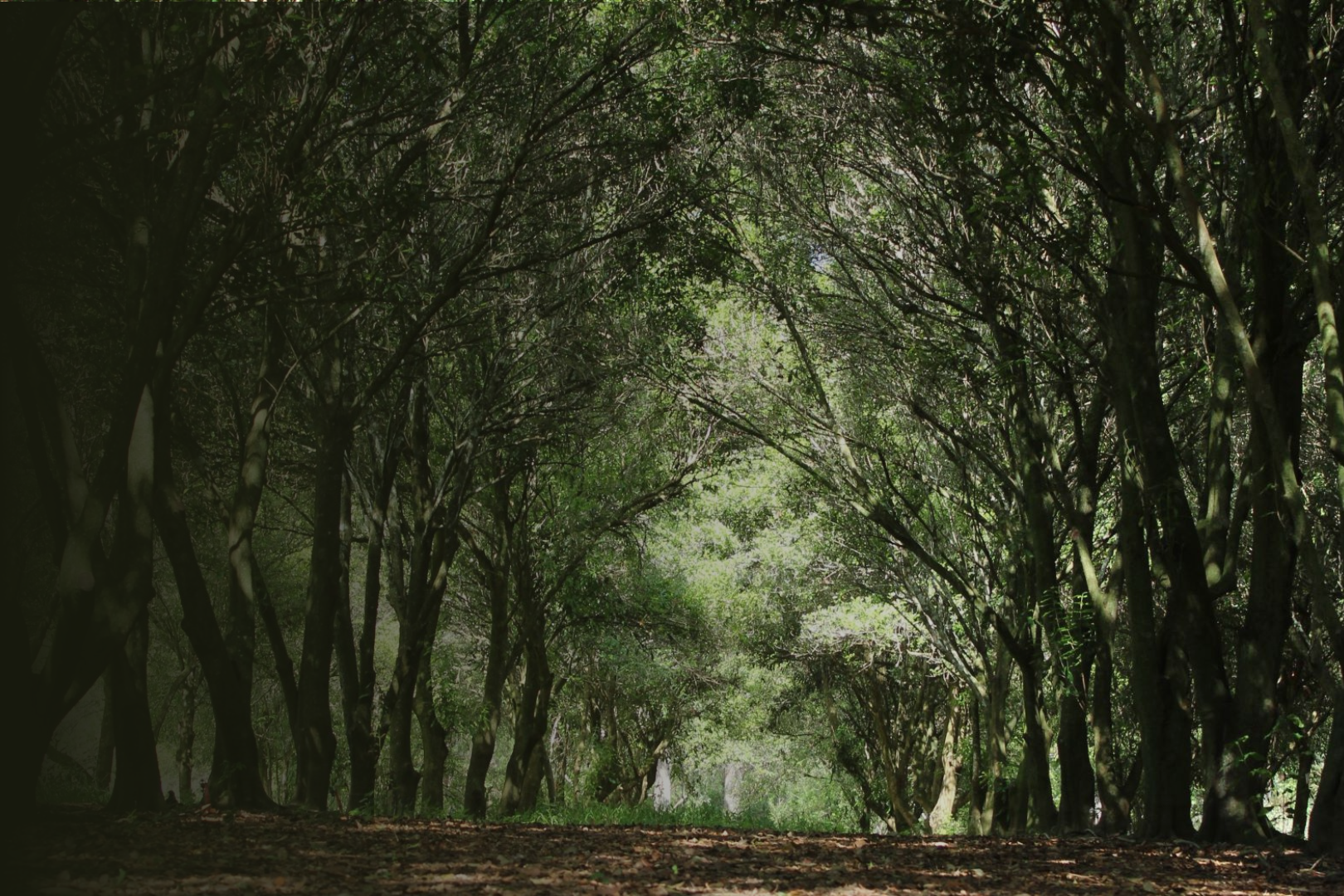
Why macadamias?
It’s simple, really.
Scott likes macadamias.
Being from an agriculture background, going back to farming just seemed like the next logical step in life. He had never looked after an orchard before buying the farm, instead his background was in cattle farming, so learning about the intricacies of orchards and harvesting was a welcome challenge.
Macadamias are also one of the few native Australian crops to be loved worldwide, and we take great pride in being able to grow and sell an Australian icon!Scott grew up on a cattle station in Blackall, Central Queensland so he was a farmboy from the very beginning and purchasing the property Sandy Creek Macadamias in 2003 was a way to reconnect with the land and try his hand at a new type of farming.
Why eggs?
We have a successful Macadamia Orchard, but it’s small.
The commercial quantity is 5000 trees and we don’t have that and while that’s fine in a year when prices are high, it’s not when prices fall.
We realised we were vulnerable to the seasonality of the crop and the fact that we were the price takers from the big processors and our value add business for the macadamias was high effort for low reward.
Macadamias aren’t a pantry staple for a lot of households, which meant we had to diversify into something that people buy every week.
After much research, we landed on eggs.
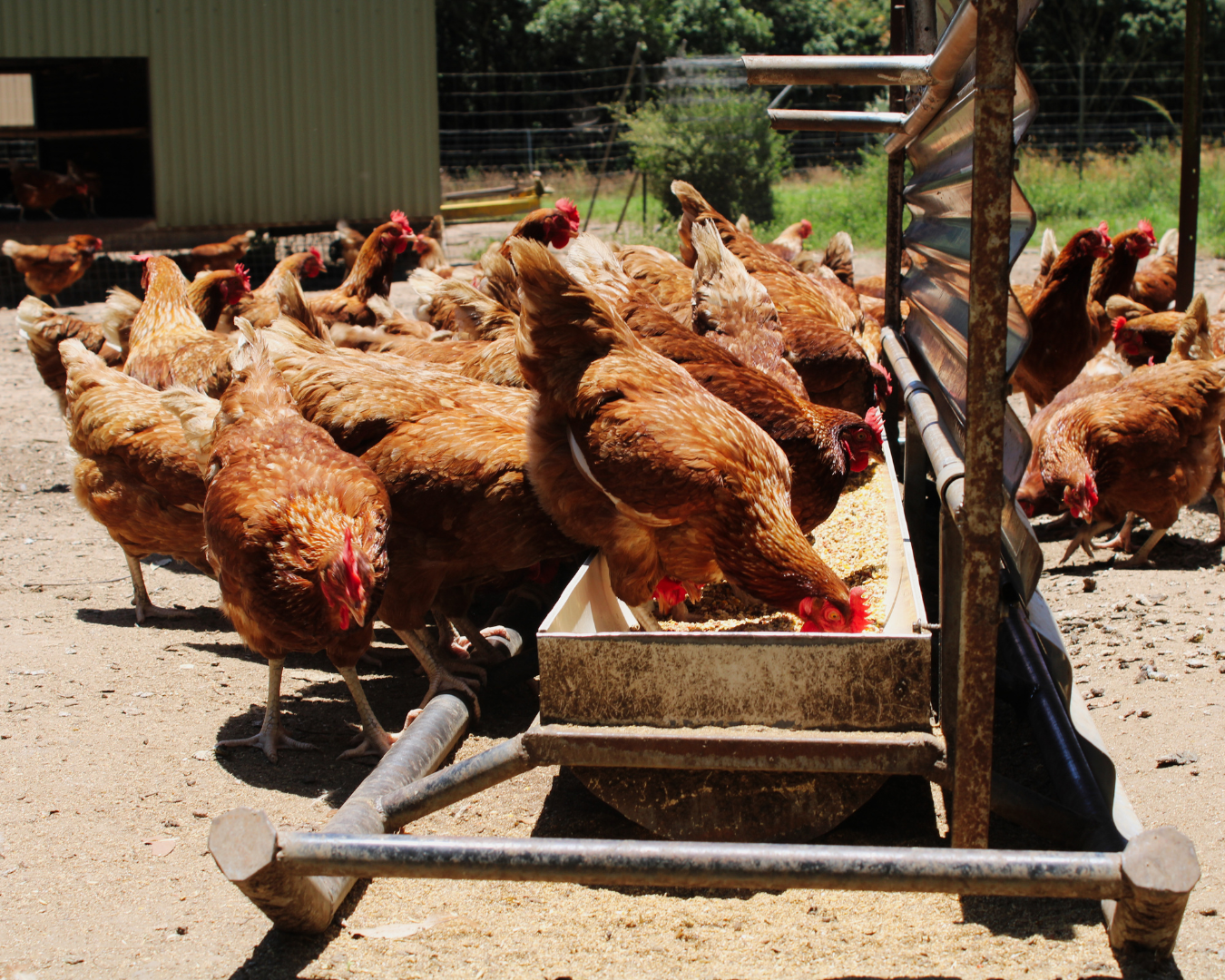
Taking the plunge
From the beginning, we knew we wanted to produce the best eggs we could, while still giving the hens the best life possible. We did months of research and talked to other farmers who had done what we were planning to do.
And finally, we jumped in feet first and bought our first chicken trailer -the Henrietta- and received our first batch of 500 hens.
Our youngest was still at home at this time, and it became her summer job to let the chooks out, feed them, water them, and basically make sure they were taken care of. With as much interest as a moody seventeen year old could muster, she did (though, the 5am starts were something she complained about very loudly).
Like any new endeavour, it was a steep learning curve and looking back, there are definitely things we could have done differently. But we’re pretty proud of what we’ve managed to accomplish and the great product we’re able to share with our customers.
We hope to continue bringing great eggs to all our customers!We believe in caring for the land we live and work on. After all, this land is our livelihood and grows food for our community. On our farm, we do our best to practice sustainable and regenerative farming practices that don’t negatively impact the delicate water and soil ecosystems, protect our wildlife, and promote animal welfare.

